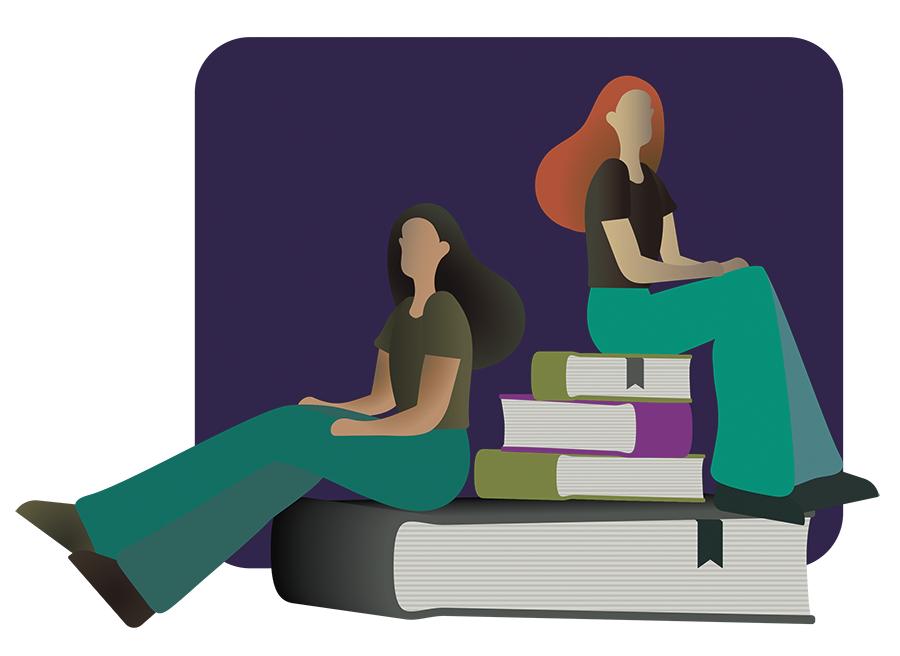Take steps to cope with Seasonal Affective Disorder
February 6, 2014
February is the shortest month, but 28 days can feel like a millennia to someone with Seasonal Affective Disorder (SAD). SAD, quite an appropriate acronym, is a form of depression that mostly affects people in winter.
People living in colder climates with limited access to sunlight are especially susceptible. It can affect family, school performance and every aspect of a
person’s life. If ignored it can lead to long-term depression, bringing the blues into spring and summer.
While everyone feels sad sometimes, SAD brings a leaking hopelessness into winter that can keep you buried under the covers until your 2 p.m. class. While it might seem unfair that students in Florida are unlikely to suffer from the same condition, take heart. There is help to survive even Madison’s seemingly unending winter experience.
Be happy – Tips to keep the blues at bay
Exercise. Studies have proven regular exercise can be as or more effective than prescription depression medications. The cold weather is no excuse to become a couch potato. YouTube is a great resource for workout videos. Whether you like kickboxing, yoga or pilates, there are free videos available for every interest and ability level.
Make time for you. One of the easiest things to forget is self-care. Busy schedules packed with responsibilities can have you rushing through your entire day without stopping to check in with the most important person in your life: yourself! Fit relaxation into your day, even if it’s just five minutes of meditation at your desk or journalling on the bus to school.
Eat right. Winter seems to bring extra challenges to mindful eating. Fresh vegetables are often more expensive and more scarce at stores, you can’t think of anything better tasting than hot chocolate, the grocery store is too far away, your car probably won’t start, if you don’t eat this frozen pizza then your mind minions will be mad at you. The list is never-ending. We can make all the excuses we want, but at the end of it all, diet is bonded to the way that we feel. Our stomach and brain are connected via a thick cord of sensors known as the vagus nerve. This direct line of communication between our gut and head is why we feel anxiety in our stomach. Now that you’re aware of this connection, be kind to it. Feed your body whole foods with lots of healthy fats from plants like avocado and olives. Kombucha, fermented tea, is also reported to have antidepressant properties.
Talk to someone. When we’re feeling down, finding another person to share our experience with can bring us up. Seek out a therapist, or at least an understanding, non-judgemental friend with whom you can be comfortable discussing your troubles. Digging yourself a nice dark hole to hide in until May will not have have the same therapeutic effect.
The SAD Truth
- 4-6 percent of people experience winter depression
- Most common in people ages 15 to 55
- SAD affects more than four times more women than men
Symptoms
- Irritability
- Weight gain
- Fatigue
- Avoiding social situations
- Difficulty concentrating
- Increased sleeping
- Craving sweet and starchy food
- Decreased interest in regular activities































